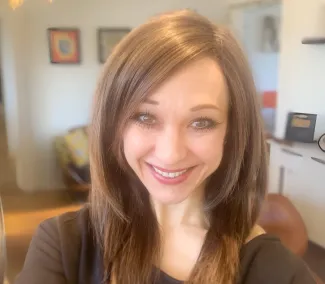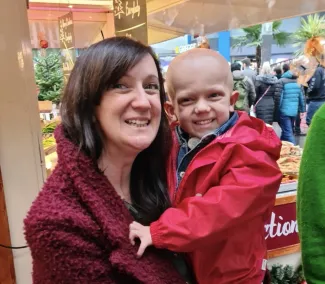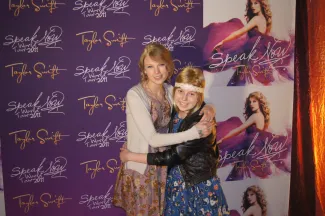
The importance of multidisciplinary team working in children’s cancer care
Multidisciplinary team (MDT) working is essential in children’s cancer care. Dr Ren Manias, Consultant Paediatric Oncologist at Southampton General Hospital and Contact’s medical adviser, explains how effective communication and shared decision making improve survival rates, enhance quality of life, and support children and their families during their cancer journey.


